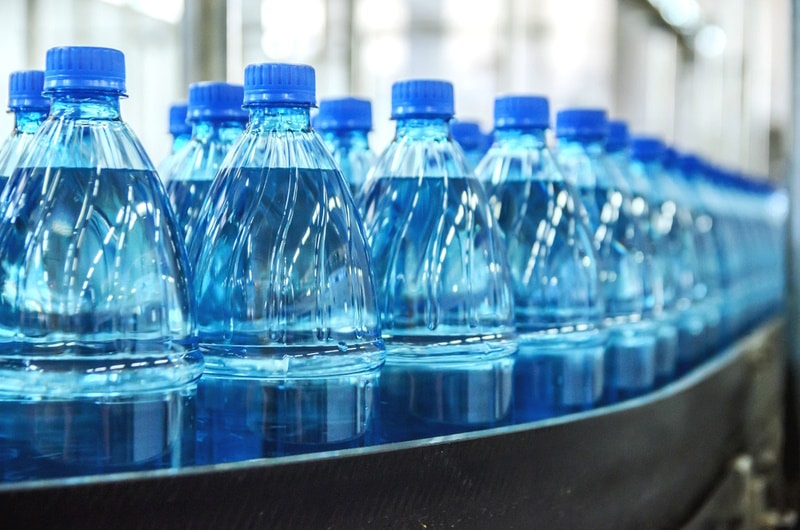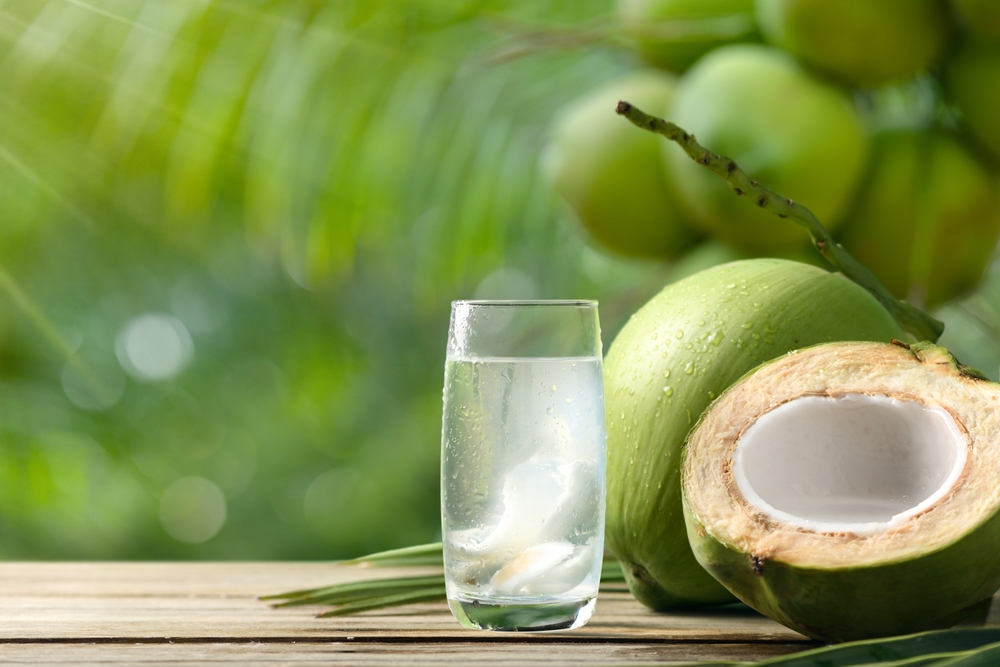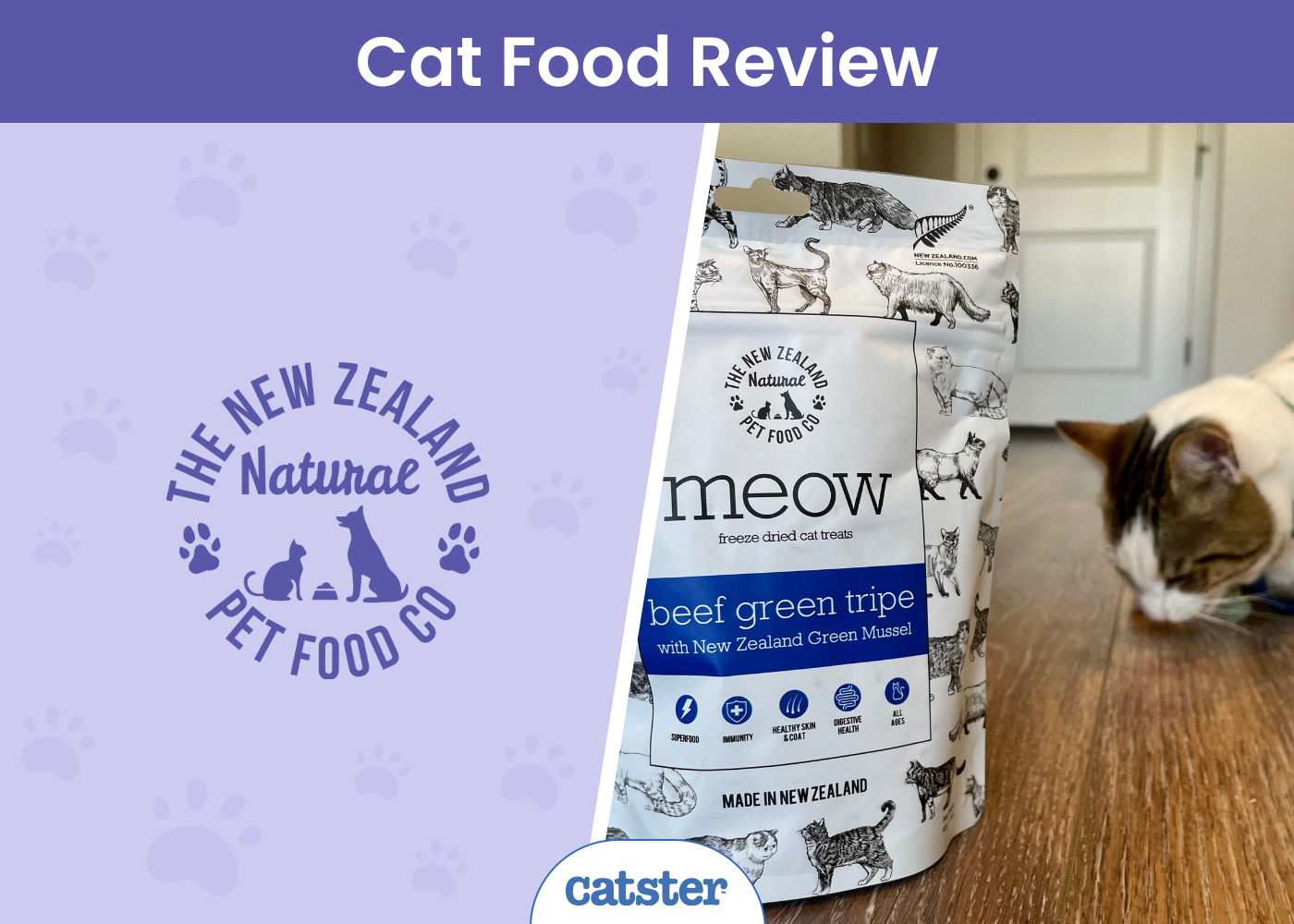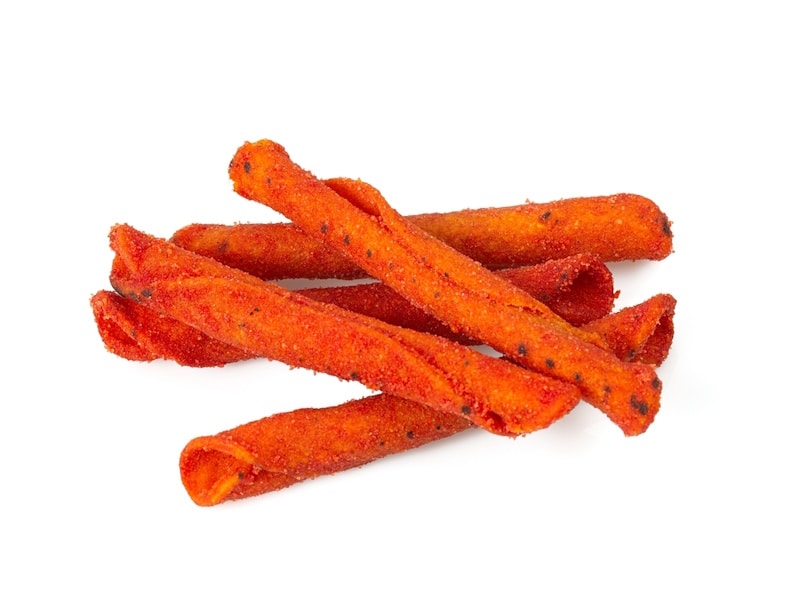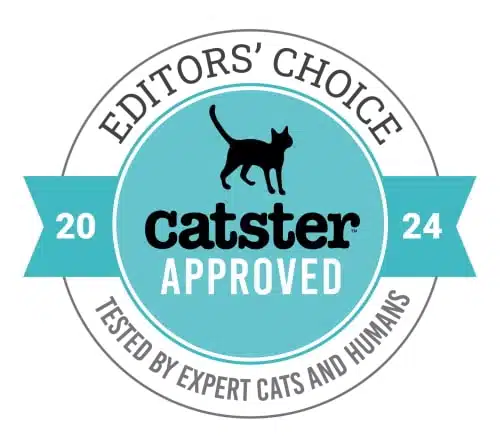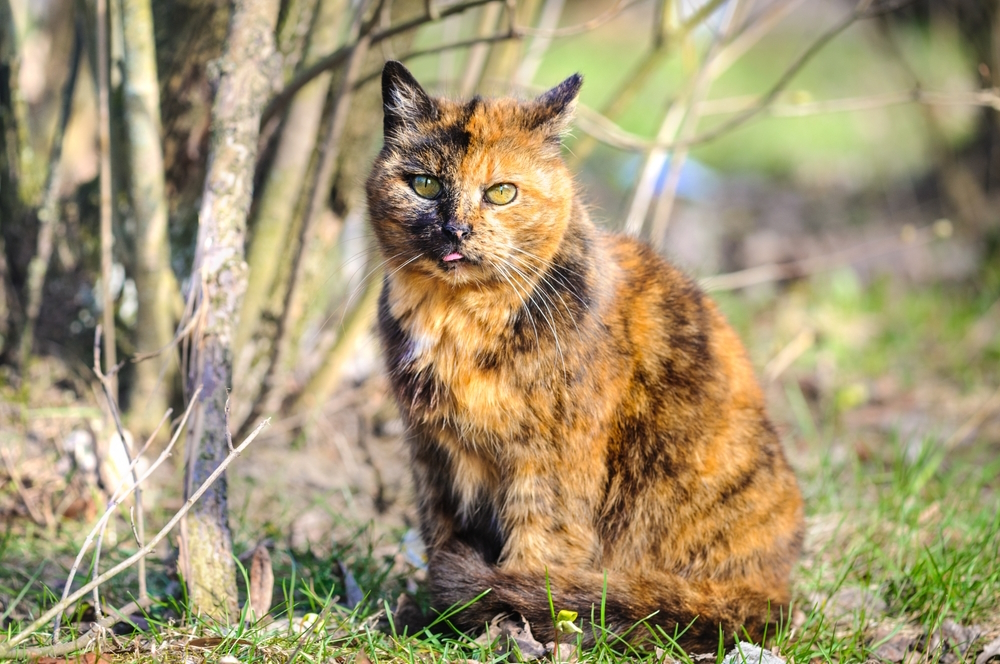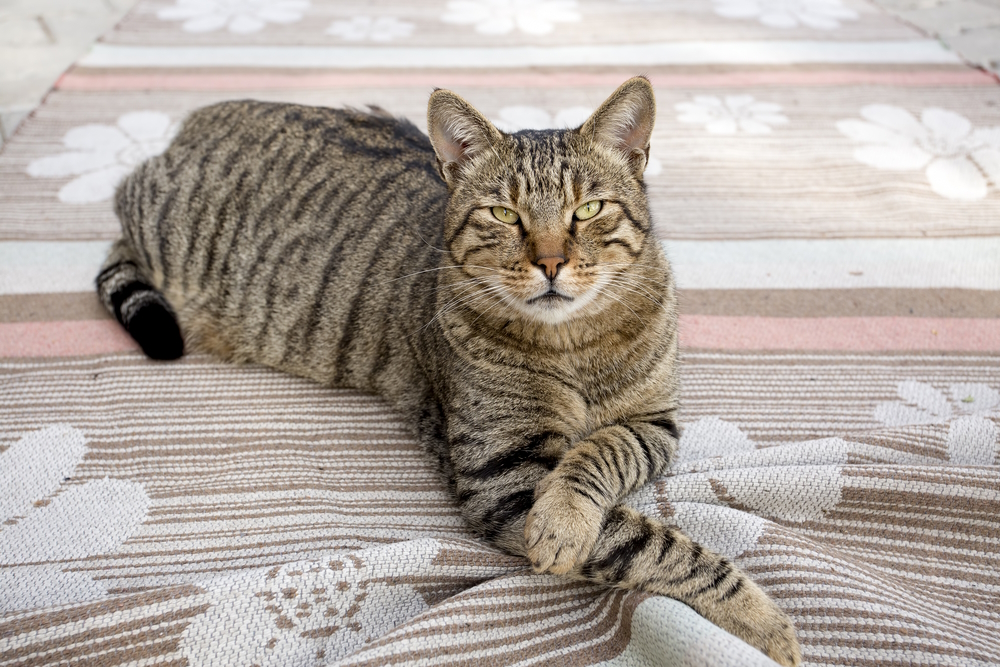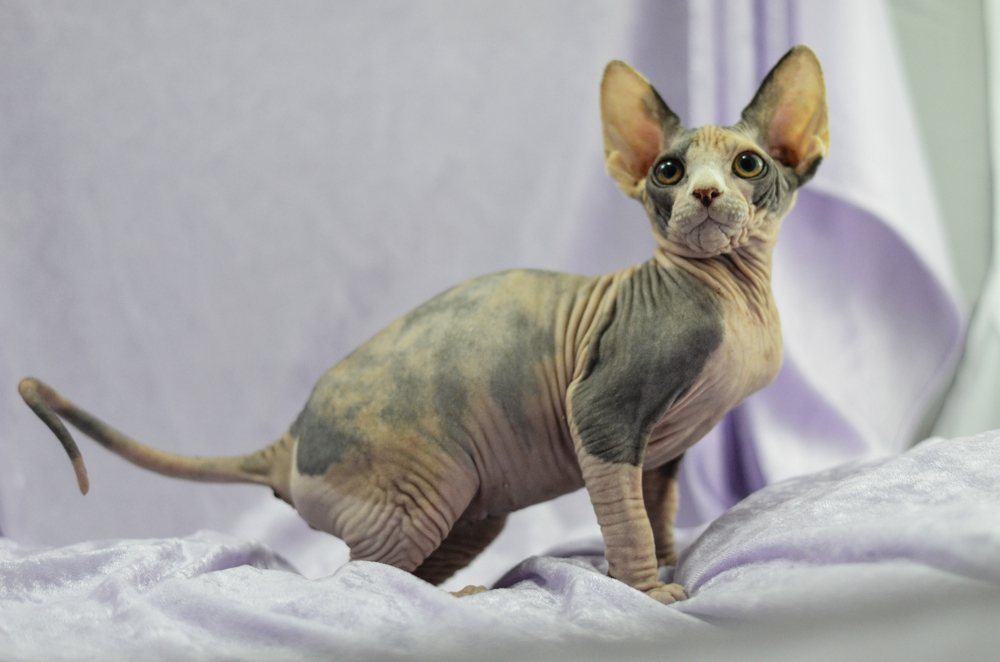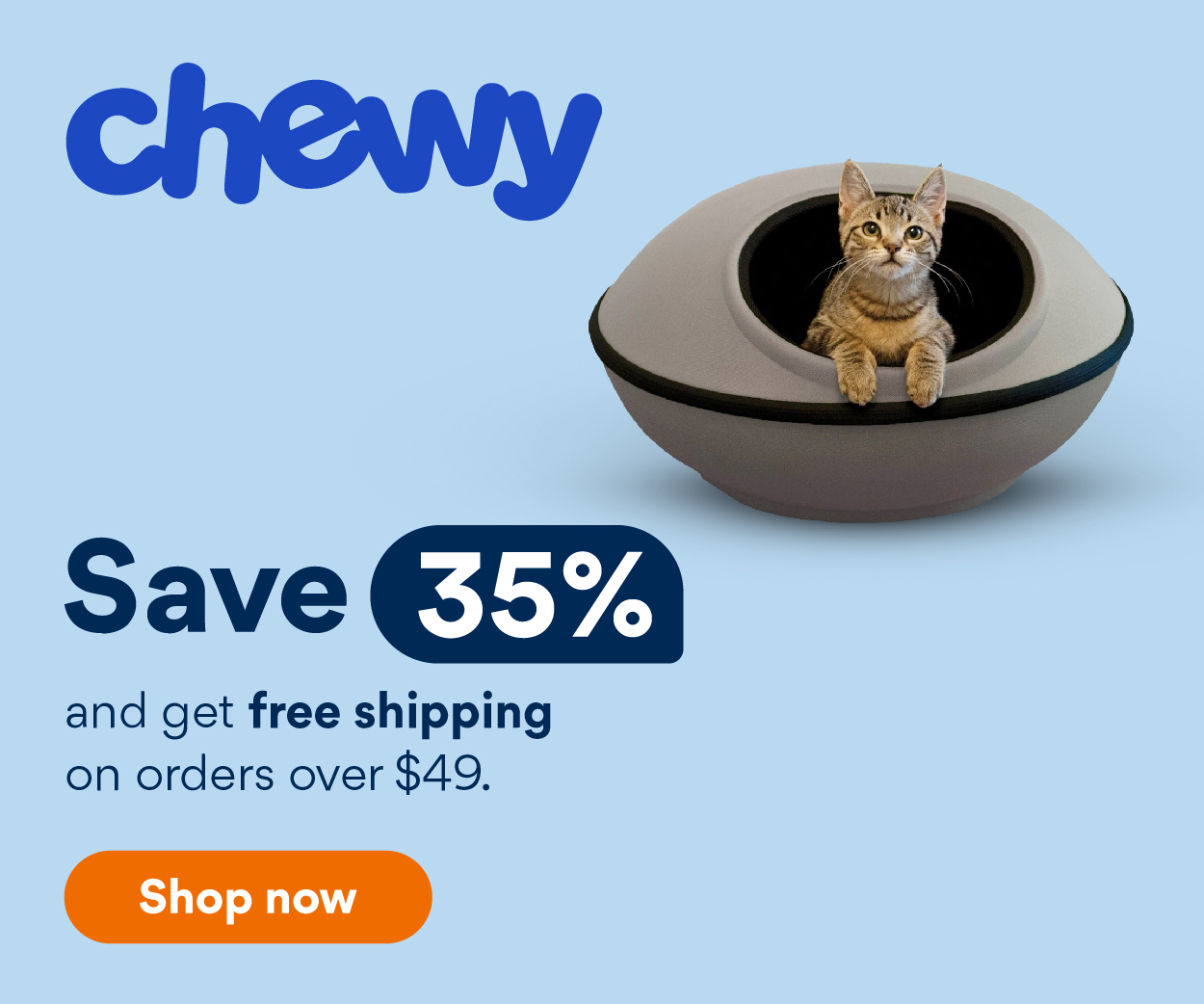Healthy cats need to drink around four ounces of water per five pounds of body weight daily. This amount will vary though, depending on their diet, activity levels and any underlying medical conditions. Unfortunately, some kitties are very picky and particular about the kind of water they drink and the receptacle they drink from. Since we often enjoy bottled water’s fresh and pure taste, it only makes sense that our cats will also enjoy it, right?
While cats might enjoy drinking bottled water and can drink it safely, it may not always be the best kind of water for your kitty to drink. Read on to learn more.

Can Cats Drink Bottled Water?
Giving your kitty bottled water isn’t inherently dangerous, so long as the brand in question is a high-quality and fresh option. Bottled water is great in a pinch, such as when you’re traveling or if you’re in an emergency. We recommend opting for spring water or bottled tap varieties wherever possible.
Spring water is naturally free of chemicals such as chlorine or toxins that can leach into the water from plastic bottles. It also usually contains trace minerals like calcium and magnesium, which can benefit your kitty.
Bottled tap water is typically filtered and, therefore, free of the impurities and toxins that could potentially be found in the tap water supply.
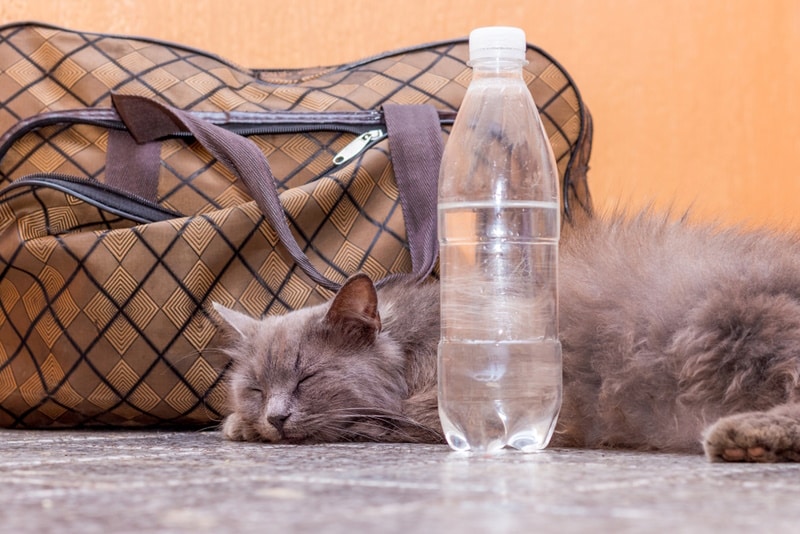
What Bottled Water Varieties Should Be Avoided?
Not all bottled water is created equal.
- Distilled water. It has been boiled to remove impurities (good) but boiling also removes all beneficial minerals (bad).
- Sparkling water. While it can be refreshing for humans, the carbonation can cause gastrointestinal upset.
- Flavored water. As tasty as flavored water is, it’s not safe for cats due to the additives that make it flavored in the first place.
Can Bottled Water Be Dangerous?
The biggest risk of bottled water is not the water itself but the packaging. BPA (bisphenol A) is a chemical used in countless plastic products, including plastic water bottles. It’s also used in the coating of aluminum cans like those your pet’s wet food comes in.
While there is limited research about the dangers of BPA for cats, there is circumstantial evidence suggesting a link between BPA found in canned wet food and hyperthyroidism 1.
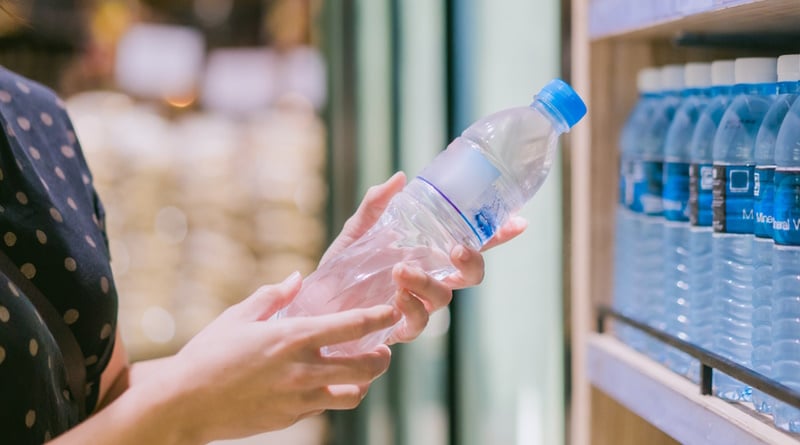
Does All Bottled Water Contain BPA in Its Packaging?
No, not all bottled water varieties use BPA. Some of the most popular brands don’t use BPA in their packaging, including:
- JUST
- Essentia
- Dasani
- Fiji
- VOSS
- Core
- LIFEWTR
- Icelandic Glacial
- Evian
- Propel
- Nestle Pure Life
- Waiakea
What Water Is Best for Cats?
Most experts agree that tap water is generally the safest and cheapest option for pets, especially if the water is filtered.
However, this depends entirely on where you live, as some areas may have contaminants in their water supply, especially if your home has an older plumbing system. However, it is generally safe for you to give your cat the same water you drink. You can buy filter attachments for your taps that filter out impurities, making your drinking water safer and healthier for you and your pets. Cats are often sensitive to the taste of chlorine so often prefer filtered water.
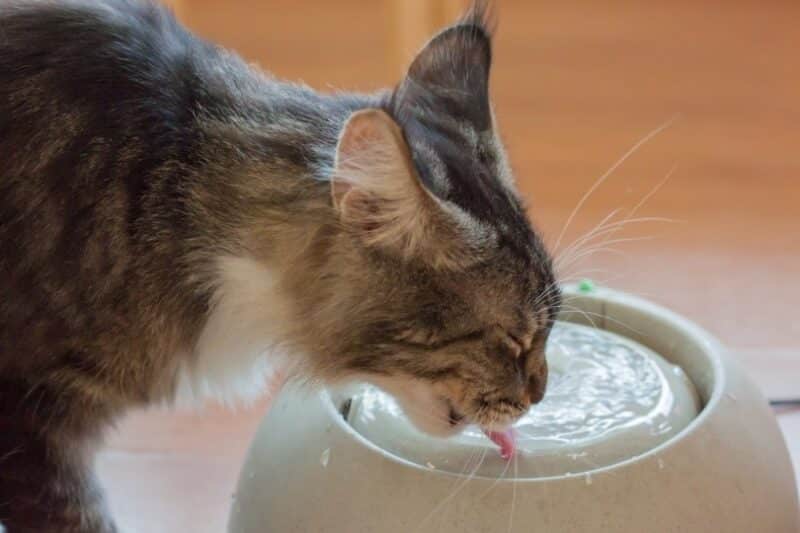

Final Thoughts
While bottled water is generally safe, especially if you choose varieties that don’t use BPA in their packaging, it’s not the most cost-effective water option. Filtered tap water is generally considered the best type of water for pets and can be achieved by purchasing a simple attachment for your faucets.
Featured Image Credit: yanik88, Shutterstock

